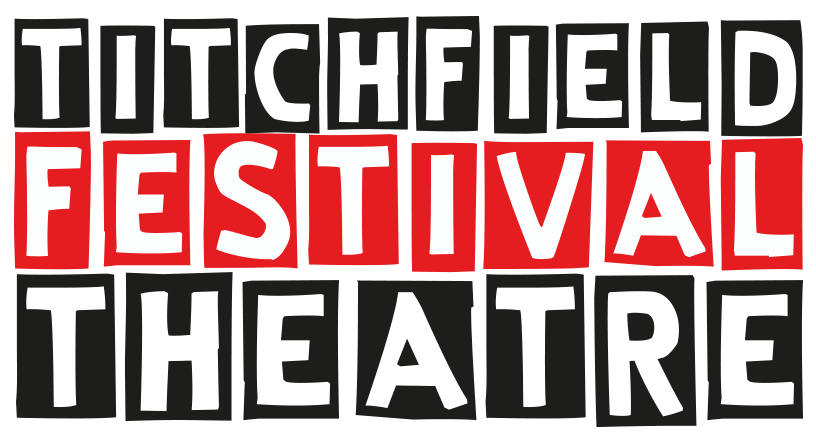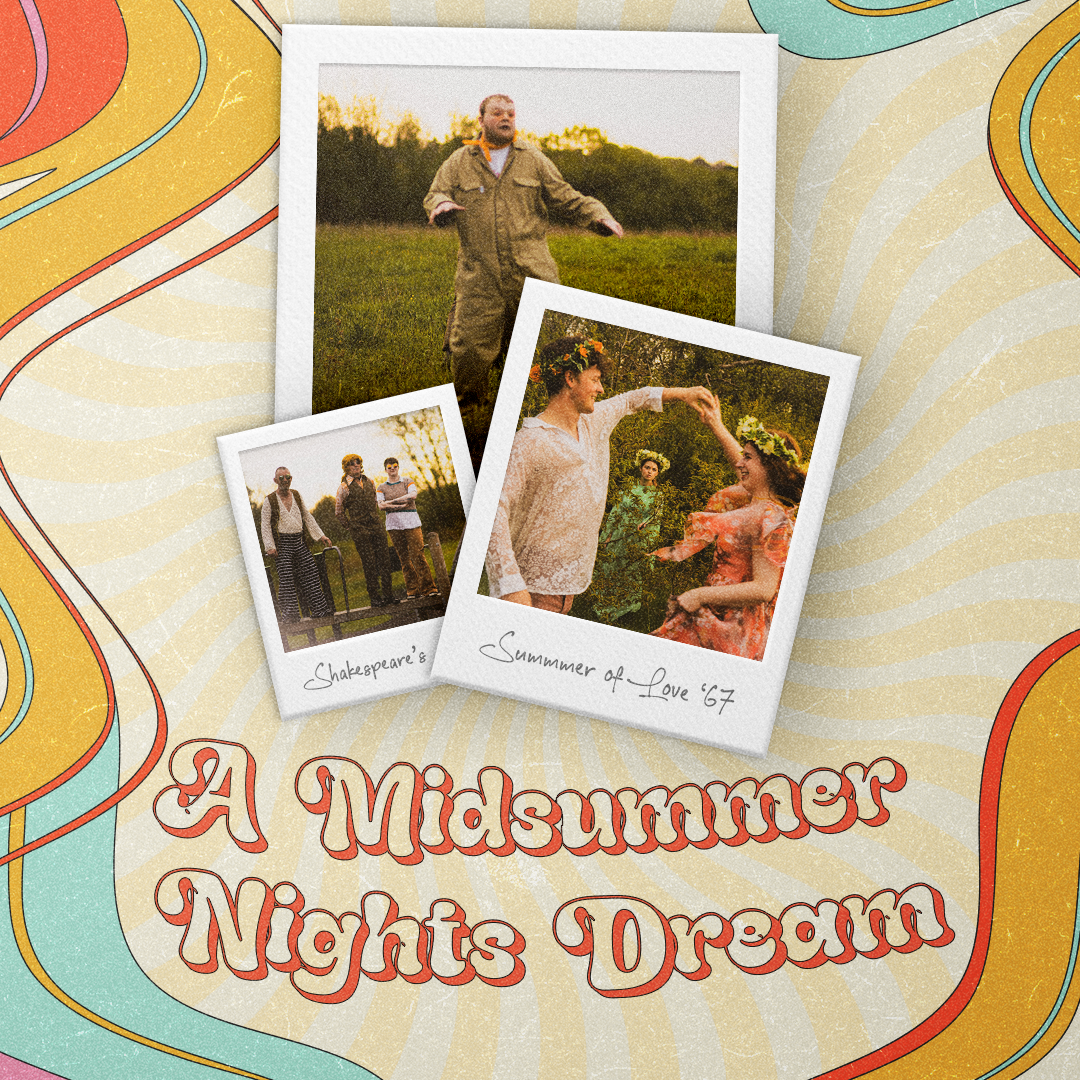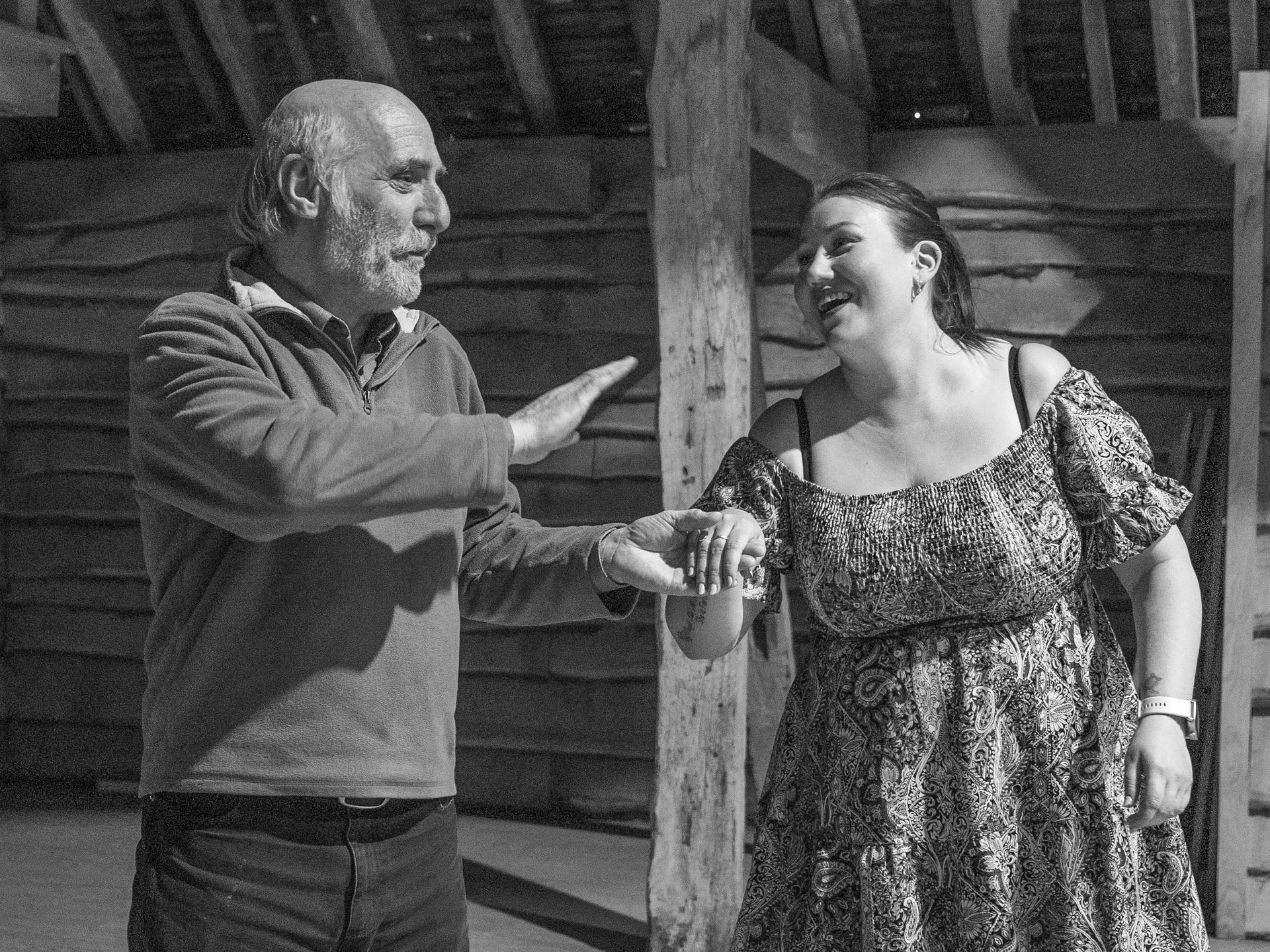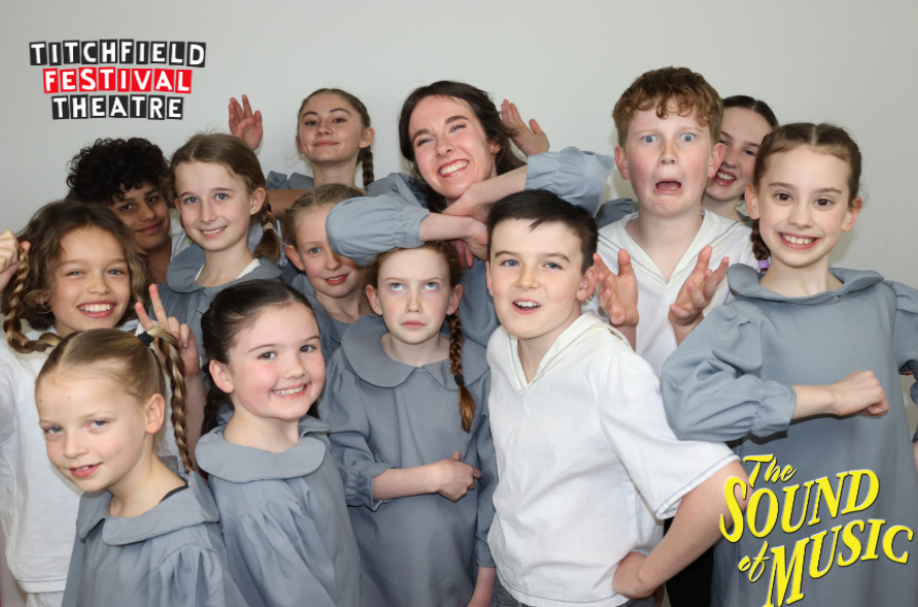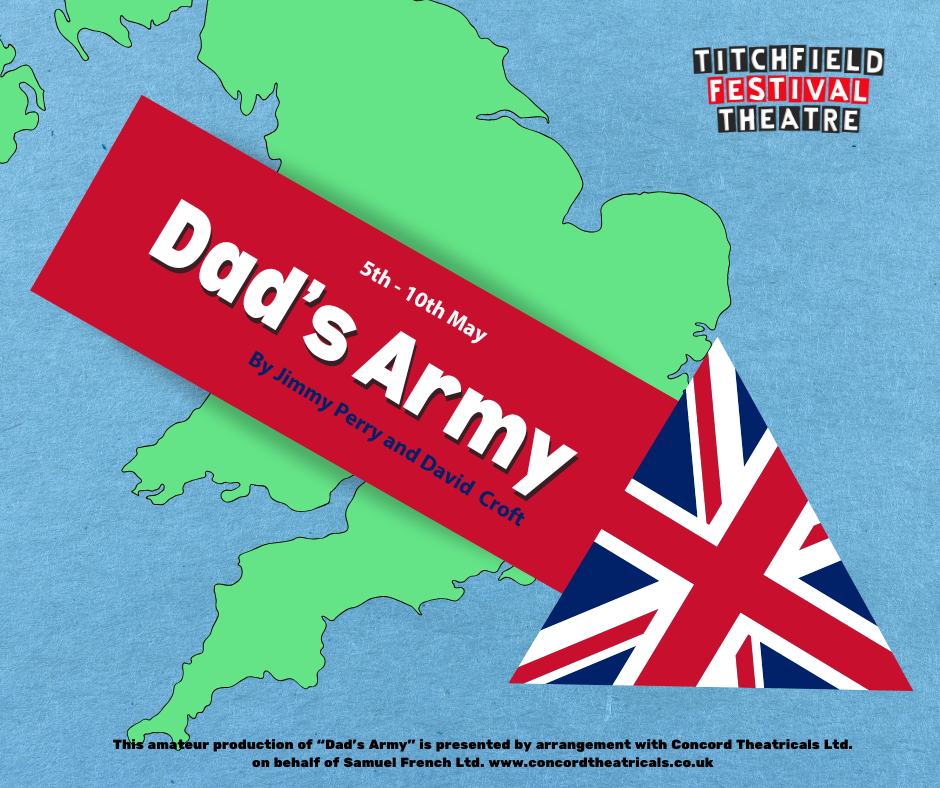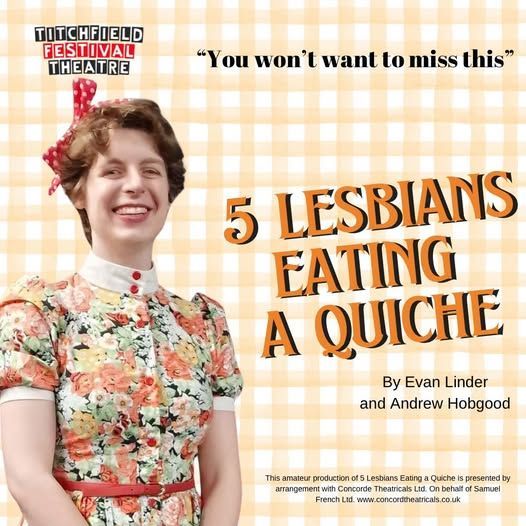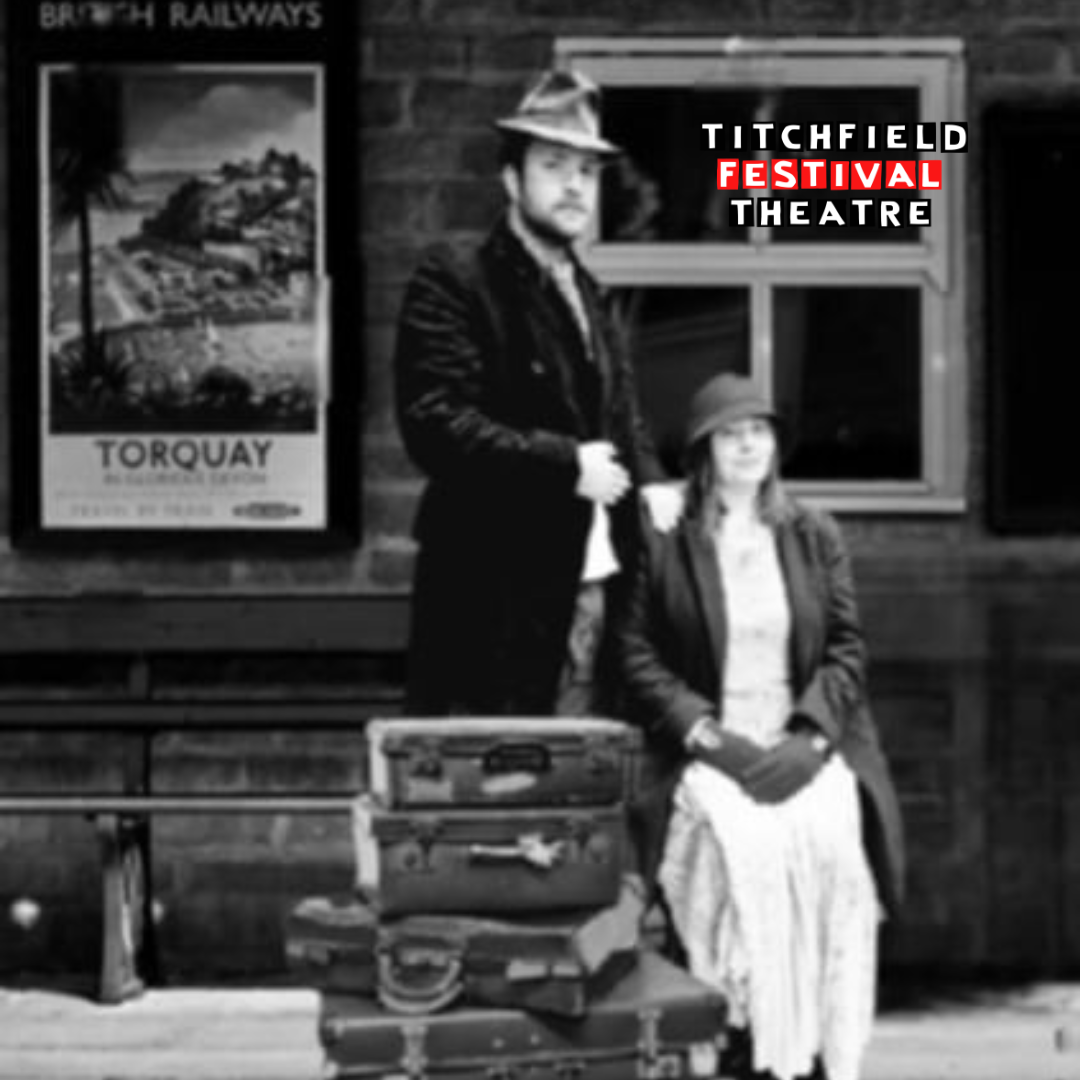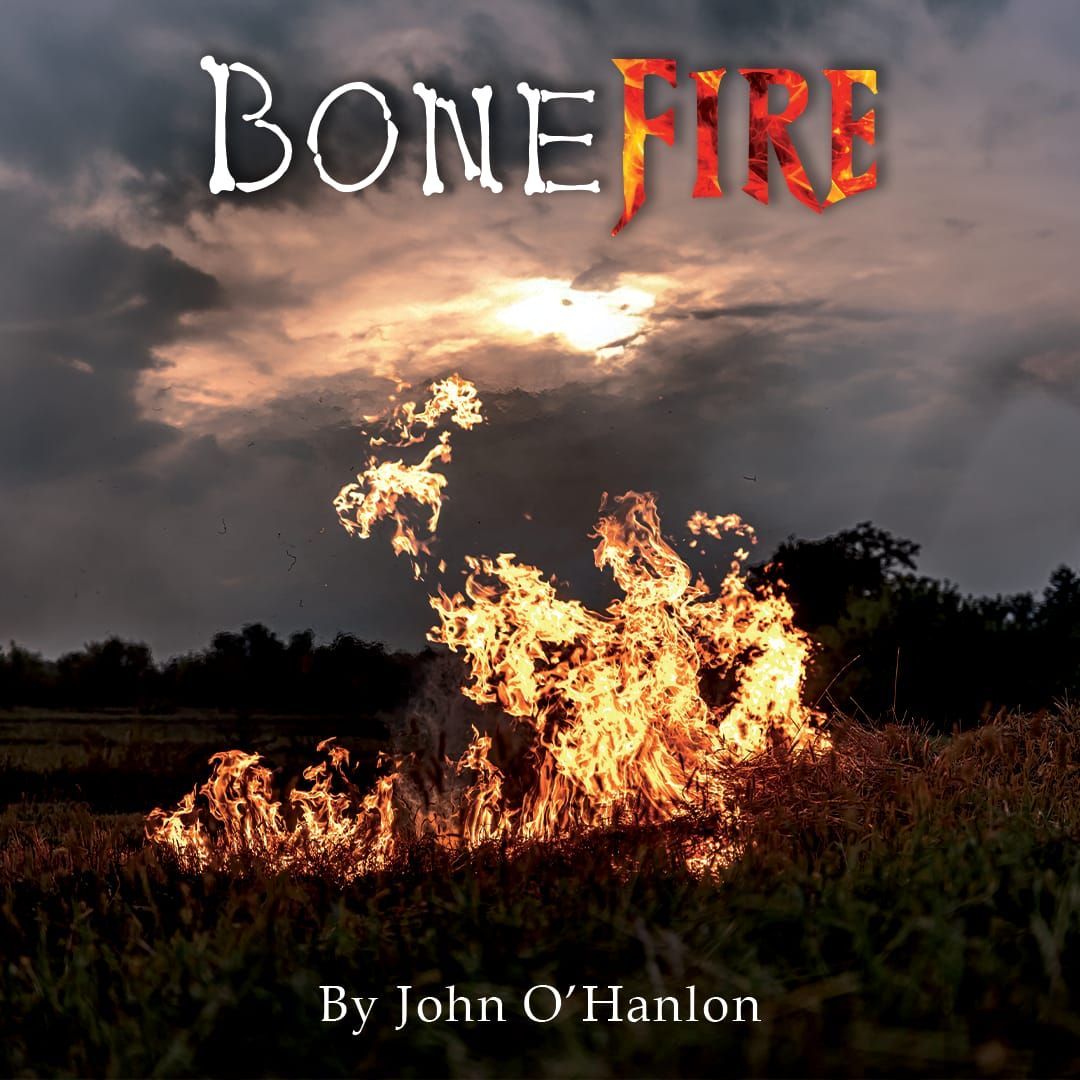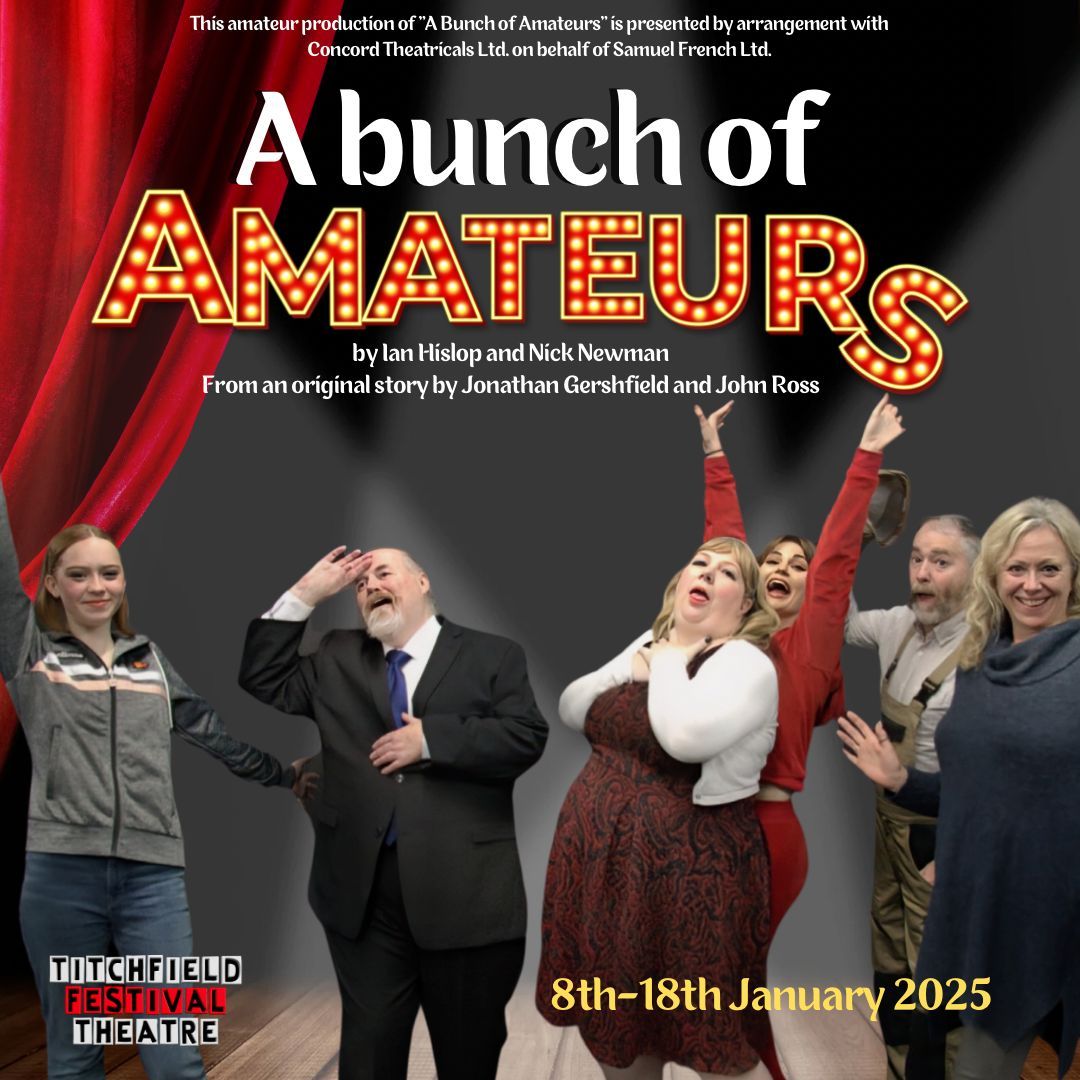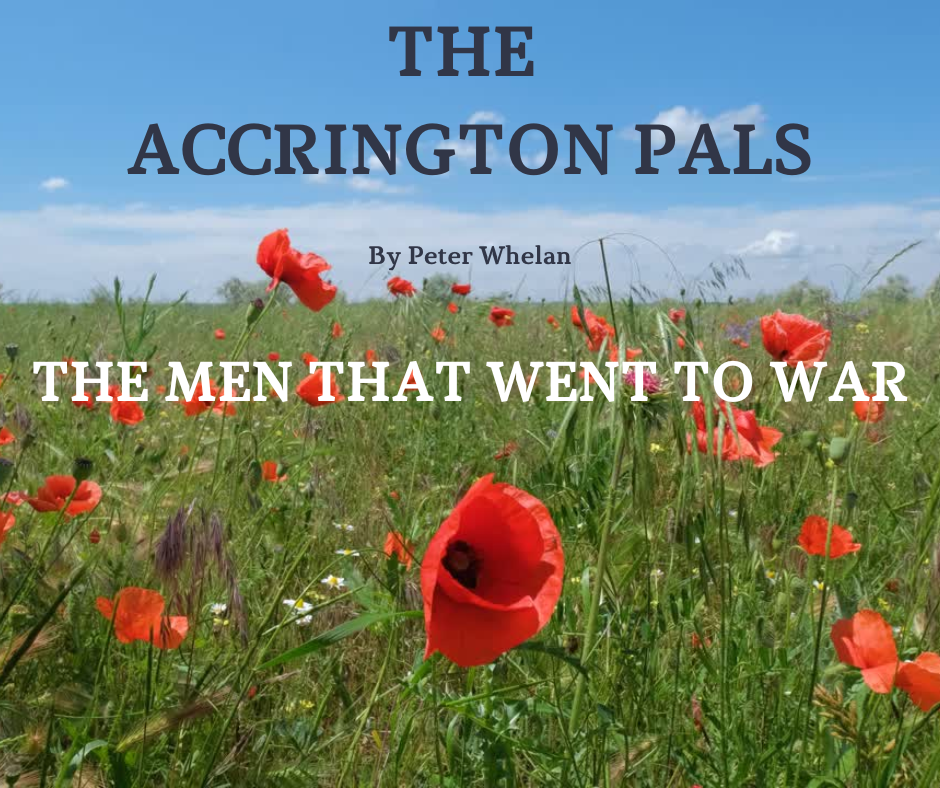Shakespeare’s comedy play set in 1967, the ‘Summer of Love’….
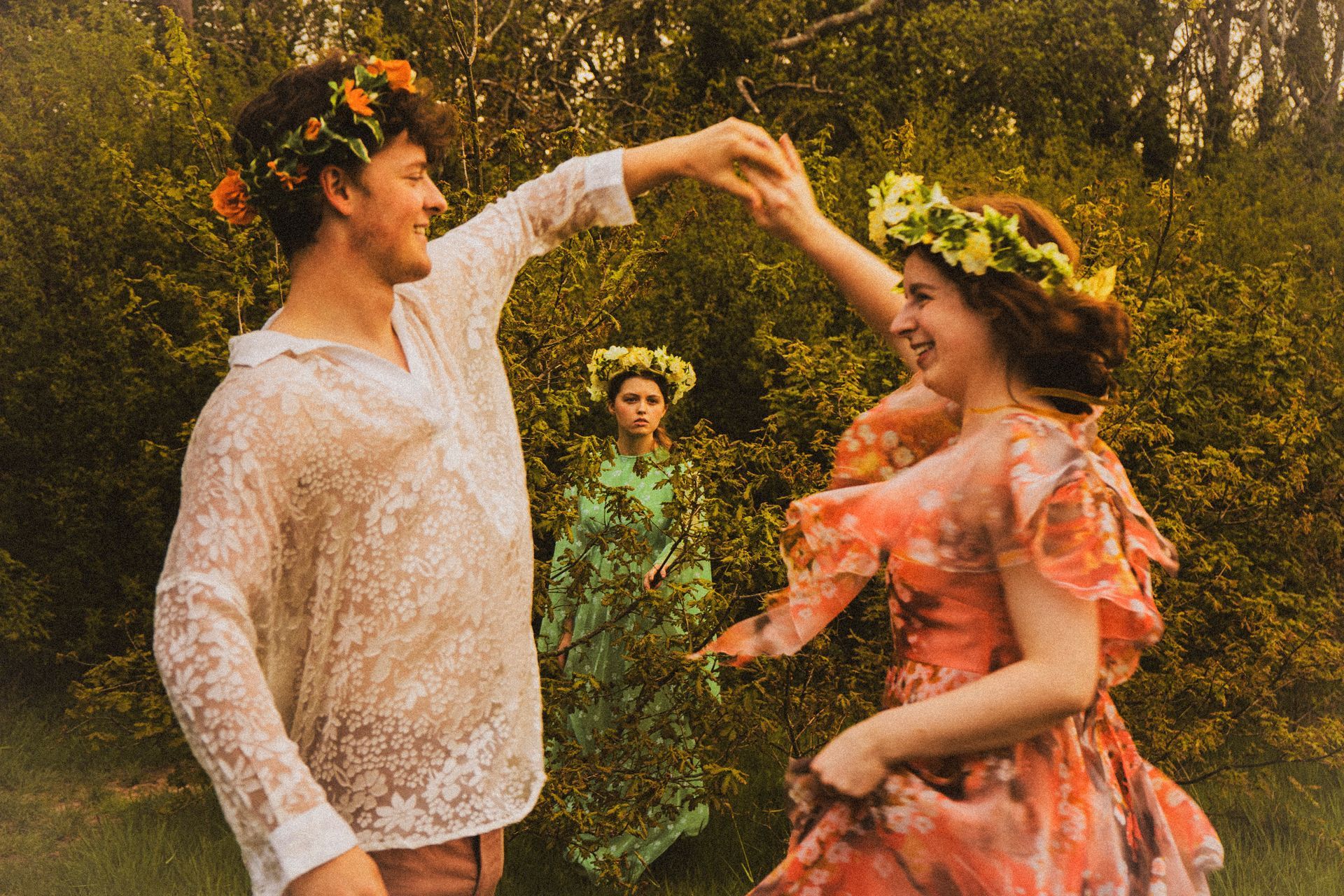
Titchfield’s Great Barn is set to welcome its next Shakespeare production of the summer season: A Midsummer Night’s Dream, on stage 25 June – 4 July.
Set during the vibrant and psychedelic backdrop of the 1967 ‘Summer of Love’, A Midsummer Night’s Dream unfolds as four young lovers venture into an enchanted forest, ensnared in a complex web of romantic entanglements by mischievous fairies. Love potions and groovy actors blur the lines between reality and dreams in this timeless comedy. As flower children navigate a world of cosmic mischief, the play captures the magic of love amidst an era of revolution and transformation.
Curtis Mclennan is director of A Midsummer Night’s Dream, and spoke to Simon Frost:
Simon: Is this your first job directing at The Great Barn? What are you particularly looking forward to?
Curtis: This is my first time directing, and what an incredible way to make my debut! I'm particularly excited about taking on the challenge of directing Shakespeare as my first project. The rich history of Shakespeare, especially his connections to Titchfield, adds an extra layer of significance and a bit of pressure to ensure the show is exceptional. I am deeply committed to honouring this legacy and whilst also bringing a fresh perspective to such a timeless piece of work.
Simon: What drew you to set A Midsummer Night's Dream using the context of the 1967 ‘Summer of Love’?
Curtis: What drew me to set A Midsummer Night's Dream in the context of the 1967 ‘Summer of Love’ is the iconic nature of that decade, which parallels the play's themes beautifully. The 60s is an era that resonates with almost everyone, whether through its music, fashion, or the spirit of rebellion and love that defined it. With love being a central theme throughout the play and its characters, setting it during the Summer of Love felt like a natural fit. Additionally, I wanted to capture the vibrant, carefree summer vibes and infuse them throughout the barn, creating an atmosphere that truly embodies the essence of both the play and the era.
Simon: How will you incorporate the psychedelic elements of the era into the production? Will this be reflected in the set design, costumes, or even the acting style?
Curtis: Incorporating the psychedelic elements of the era into the production will be a multifaceted approach, deeply woven into the set design, costumes, and overall atmosphere. The set and costumes will prominently feature the most visually iconic elements of the 60s, bringing vibrant colours and bold patterns to the stage. Lighting and sound will also play a crucial role, using dynamic lighting and a soundtrack inspired by the era to immerse the audience in the psychedelic experience.
The mechanicals will sport the most stereotypical costumes of the era, embodying the "normal people" with their casual, everyday 60s attire. In contrast, the lovers and the royals will be dressed in more elegant and refined outfits, reflecting their higher social status and adding a layer of sophistication to their characters. This differentiation will help highlight the social dynamics within the play while staying true to the spirit of the 1960s.
Simon: In this play, the play's lovers navigate a web of confusion. Are you planning to emphasise the comedic aspects or explore other deeper issues?
Curtis: In this production, I am definitely planning to emphasise the comedic aspects of the lovers' web of confusion. Coming from a vast background in comedic performances, such as playing Francis Henshall in One Man, Two Guvnors, earlier this year, it felt natural for me to highlight the humour inherent in these entangled relationships. The cast has embraced this direction wonderfully, bringing the comedy to life with perfect timing and energy.
I've made a conscious effort to keep the tone very light-hearted. After the past few years we've all experienced, my goal is for the audience to simply laugh and enjoy the nostalgia without delving too deeply into heavier themes. I want everyone to leave the show with a smile, relishing in the whimsical, carefree spirit of the play.
Simon: While set in the 1960s, how will this production resonate with contemporary audiences? Will you draw parallels between the social and cultural movements of that time and the present day?
Curtis: This production will resonate with audiences both young and old by blending the timeless themes of love and confusion with the iconic 1960s setting. The vibrant music, fashion, and social movements of the era are familiar to older generations and intriguing to younger ones. By emphasising humour and creating an immersive, nostalgic atmosphere, the show connects past and present, offering something enjoyable and relatable for everyone.
Simon: Why should people come along and watch this play?
Curtis: People should come and watch this play because it offers a perfect blend of classic Shakespearean comedy and the vibrant, nostalgic atmosphere of the 1960s. A Midsummer Night's Dream is one of Shakespeare's most beloved comedies, making it an ideal introduction for those new to his work. The cast delivers outstanding performances, ensuring that the complex language is accessible and the story easy to follow. It's a chance to laugh, enjoy a timeless story, and immerse yourself in an era filled with love, rebellion, and outstanding music. For a night full of joy, nostalgia, and unforgettable performances, this production is a must-see.
A Midsummer Night’s Dream performs in the Great Barn, Titchfield from 25 –4 July 2024. For more information including booking tickets please go to http://titchfieldfestivaltheatre.com/ or contact our Box Office on 0333 666 3366.
***********************************************************************
DID YOU KNOW?
TFT believes that A Midsummer Night's Dream was commissioned for Mary Brown’s second Marriage (she was Harry of Southampton’s mother, who brought Shakespeare to Titchfield to work as her secretary and schoolmaster) when she married Sir Thomas Heneage, one of Queen Elizabeth’s favourites. It may have been performed in its raw state in Titchfield, before being performed at Copped Hall in Essex as the marriage entertainment.
Thomas Nashe who was living in Posbrook, now part of Titchfield, wrote the comic parts of the rude mechanicals and played the part of Thisbe/Flute as he famously could not grow a beard! Shakespeare of course wrote the wonderful poetry for the lovers and fairies.
